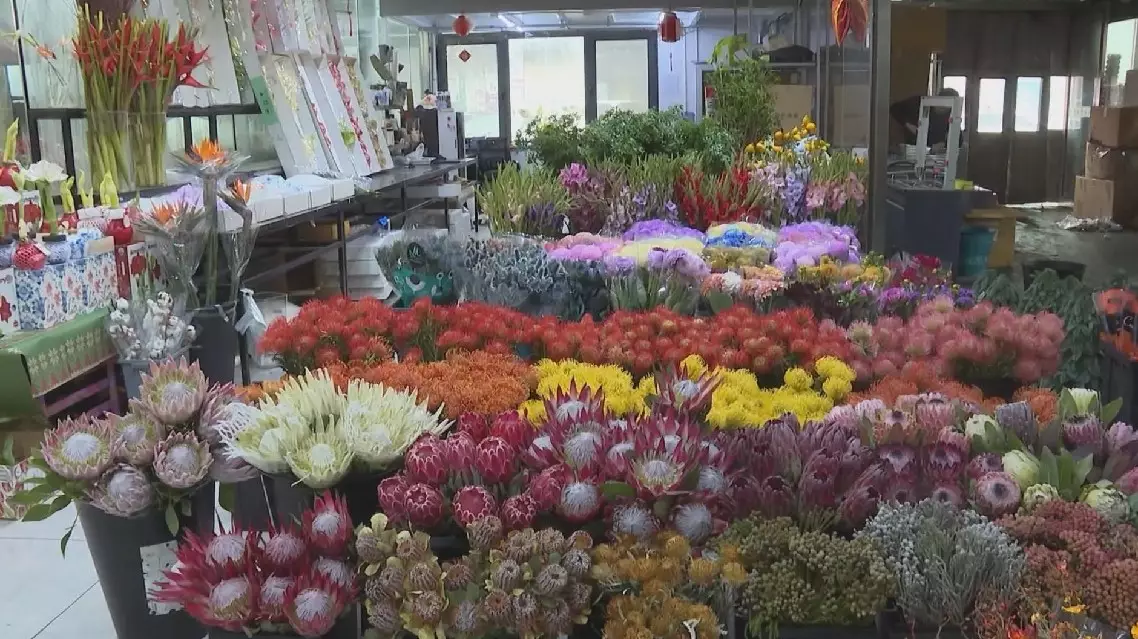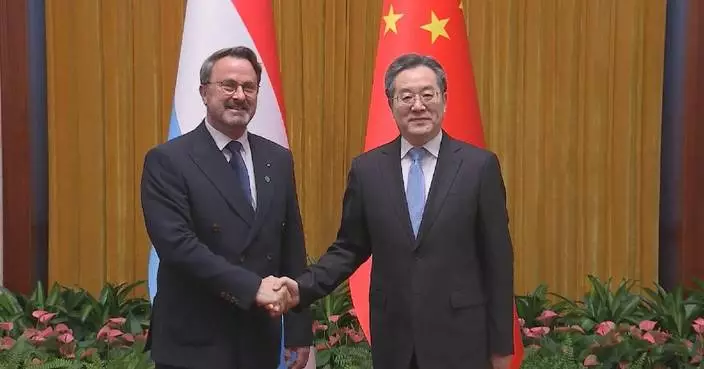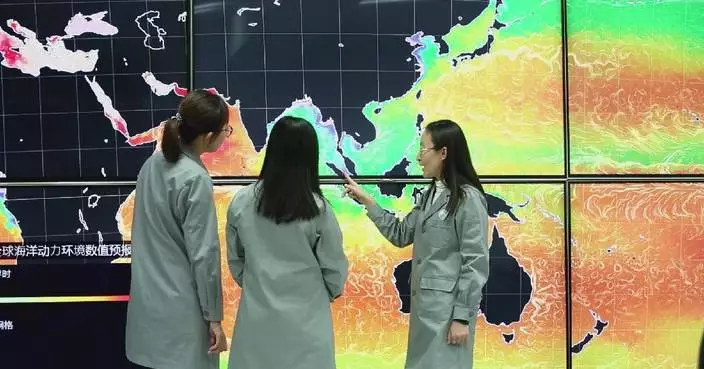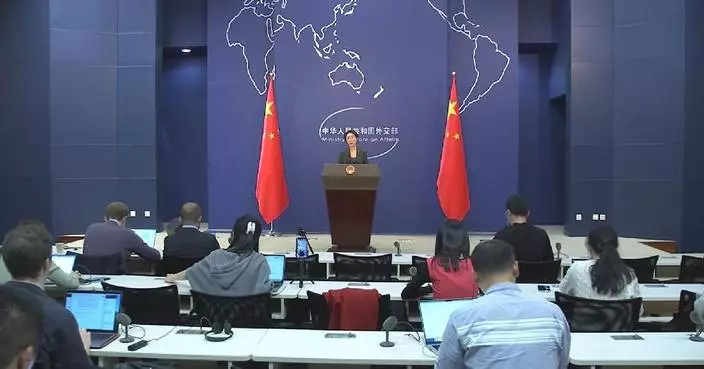The week-long fifth and final U.N. Intergovernmental Negotiating Committee (INC-5) meeting opened on Monday in Busan, South Korea, aiming to securing an international treaty to curb plastic pollution.
In March 2022, at the resumed fifth session of the UN Environment Assembly (UNEA-5.2), a historic resolution was adopted to develop an international legally binding instrument on plastic pollution.
The resolution requested the Executive Director of the UN Environment Programme (UNEP) to convene an Intergovernmental Negotiating Committee (INC) to develop "the instrument," which is to be based on a comprehensive approach that addresses the full life cycle of plastic, including its production, design, and disposal.
The INC began its work during the second half of 2022, with the ambition to complete the negotiations by the end of 2024.
From November 2022 to April this year, four sessions of the INC were held.
At the ongoing meeting in Busan, negotiators gathers in a final push to create the treaty to address the global crisis of plastic pollution.
The ever-increasing plastic pollution, one of the most serious environmental problems facing mankind, has sparked widespread concerns among countries, and has led to an urgent need to find alternatives to plastic.
According to data released by the UNEP, with the recycling rate less than 10 percent, approximately 7 billion of the 9.2 billion tonnes of plastic produced from 1950-2017 became plastic waste, ending up in landfills or dumped. This does not just have a huge effect on the environment, but on human health as well.
Every year, more than 400 million tonnes of plastic is produced worldwide, one third of which is used just once, said the UNEP.
According to estimates, an equivalent of over 2,000 garbage trucks full of plastic is dumped into the world's oceans, rivers, and lakes every day.
Every year, about 19 to 23 million tonnes of plastic waste leaks into aquatic ecosystems every year, polluting lakes, rivers and seas.
In addition, plastic production also contributes to more than 3 percent of global greenhouse gas emissions, exacerbating the climate crisis.
So far, more than 140 countries and regions across the globe have formulated policies to ban or impose restrictions on the use of plastics.
Analysts say that finding alternatives to plastic is an effective way to cut down the use of plastics and alleviate plastic pollution at the source, and it is also a top priority for the world to cope with the crisis brought by plastic pollution.
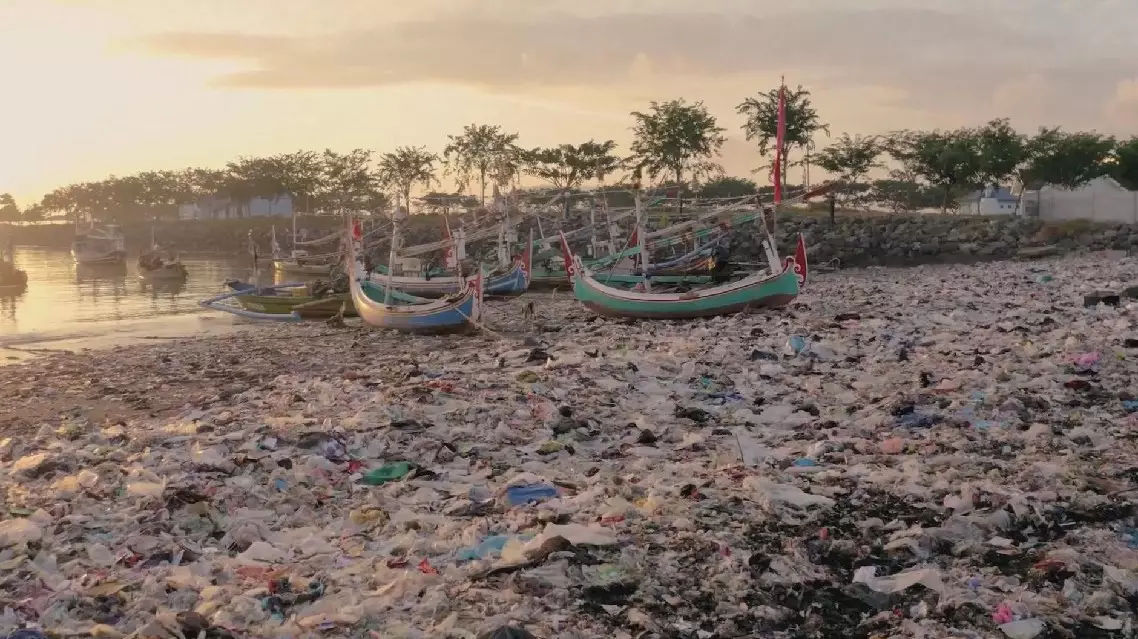
5th UN plastics treaty talks begin in South Korea


